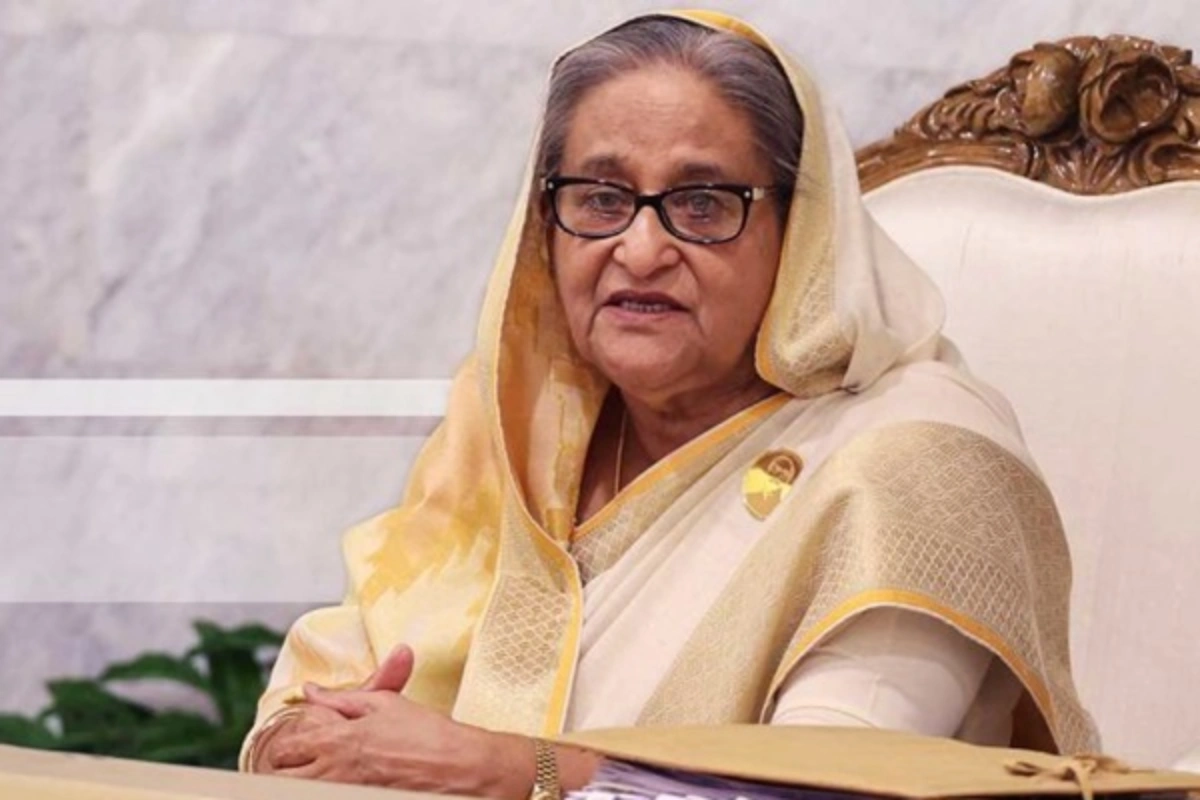Bangladesh News: Tensions are running high in Bangladesh, after a special tribunal convicted former prime minister Sheikh Hasina in absentia of “crimes against humanity” for her government’s crackdown on student protests in 2024 and sentenced her to death. The ruling of the International Crimes Tribunal in Dhaka has escalated an already unstable political situation just months before elections scheduled for February 2026.
Security has been significantly increased in Dhaka and other major metropolitan areas, with paramilitary personnel deployed around government buildings and courts. Although there have been no widespread casualties, several crude bombs and vehicle fires suggest a heightened risk of more large-scale unrest.
Yunus Supports Rule of Law and Calls for Extradition
Muhammad Yunus, the chief of the interim government in Bangladesh, praised the verdict, emphasising that it sends a strong message to everyone that “no one, not even on the basis of power, is above the law.” The foreign ministry in Dhaka urged India to “immediately turn over” Hasina and her former home minister Asaduzzaman Khan Kamal, both convicted in absentia, under the extradition treaty currently in place between the two countries.
DON'T MISS
In a strongly-worded statement, Bangladesh asserted that extending shelter to those convicted of crimes against humanity would be “extremely unfriendly and a disrespect to justice.”
India’s Deliberate Reaction
India has taken a cautious diplomatic posture. The Ministry of External Affairs mentioned that it has “noted” the tribunal’s decision and reaffirmed its commitment to the “best interests of the people of Bangladesh,” and stressed long-term peace, democracy, and stability.
Although Dhaka has sent repeated extradition requests, New Delhi has yet to make any formal commitment. Yunus points out that Bangladesh has written official letters to the government, but it is still the case that “there hasn’t been any official response to this day.”
Diplomatic Stakes Are High
The push for extradition has officially heightened the affair to a matter of international diplomacy.
For Bangladesh’s interim political administration, the return of Hasina is more than just a legal victory—it is a symbol of their commitment to rebuilding democratic institutions after the recent U-turn in governance. For India, however, to directly agree to an extradition could lead to political backlash and regional instability.
What Comes Next Politically?
With the elections on the horizon, this outcome could well alter the political landscape in Bangladesh substantially. If New Delhi refuses to extradite, or delays the extradition process, Dhaka would have ample reason to accuse New Delhi of shielding a convicted leader, thus igniting nationalist passions. Alternatively, if India complies, it risks exacerbating tensions among supporters of Hasina who may view her as a martyr.
In any event, the stakes are extremely high. The verdict is more than just a legal ruling – it may also represent a critical juncture in Bangladesh’s democratic future and India’s role in diplomacy in South Asia.
